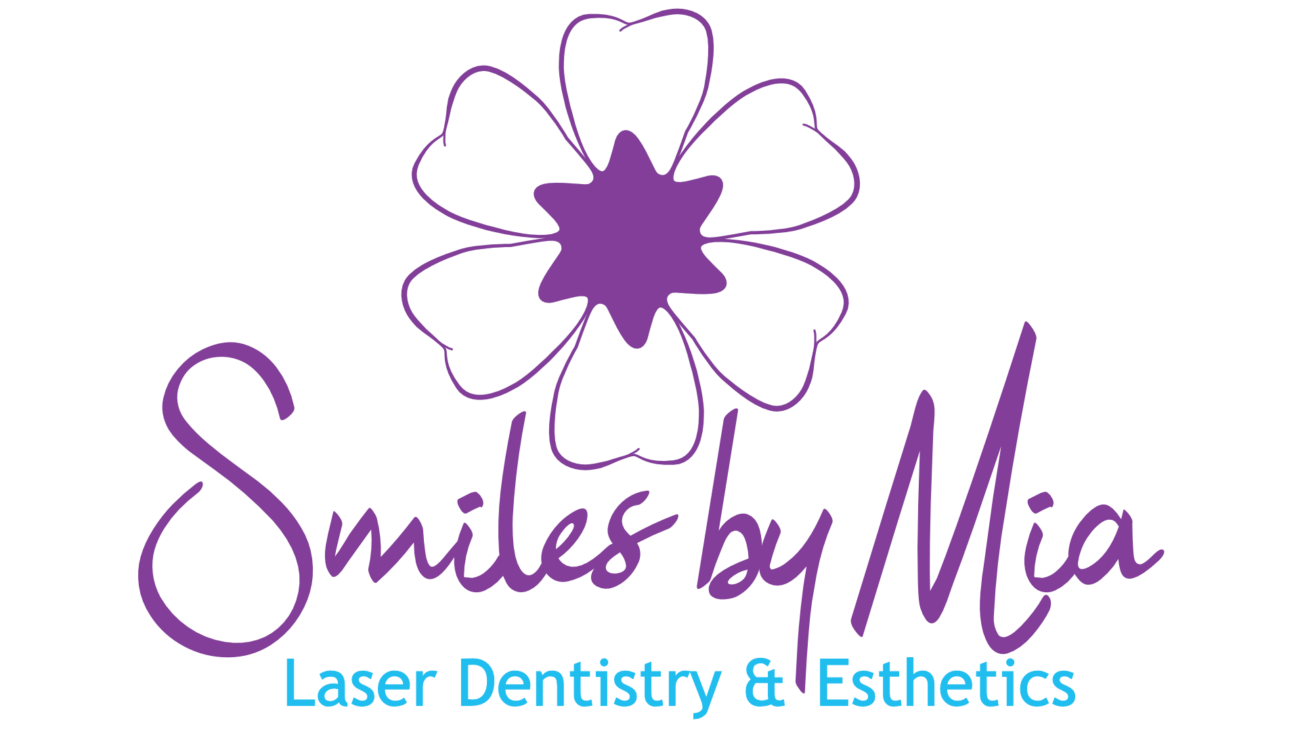Blog
Coffee and Your Teeth

Coffee is one of the most popular beverages in the world, with millions of people consuming it daily. However, the consumption of coffee can have various effects on your teeth, both positive and negative. While we can enjoy the benefits of coffee, we may also want to prevent adverse effects. Many of us can’t imagine giving up coffee; therefore, there are ways to maintain good oral health while still enjoying your coffee.
Positive Effects of Coffee on Teeth
Although we may know some negative effects of coffee, there are some positive aspects of coffee for our oral health.
Coffee can Help Prevent Tooth Decay
Coffee contains polyphenols and antioxidants, which can help prevent the growth of bacteria that cause tooth decay. The bacteria in your mouth produce acid, which can erode your tooth enamel and lead to cavities. Drinking coffee can help reduce the number of bacteria in your mouth, thus reducing the risk of tooth decay.
Coffee Can Help Reduce Inflammation
Coffee also contains anti-inflammatory compounds that can help reduce inflammation in the body, including in the gums. Inflammation in the gums can lead to periodontal disease, which can cause tooth loss if left untreated. Drinking coffee in moderation can help reduce inflammation in the gums and prevent periodontal disease.
Negative Effects of Coffee on Teeth
For avid coffee drinkers, many of us are aware of some of the negative effects of coffee on our teeth.
Coffee Can Stain Your Teeth
One of the most well-known effects of coffee on teeth is staining. The dark pigments in coffee can adhere to the surface of your teeth and cause yellow or brown stains over time. This staining can be particularly noticeable in people who consume coffee regularly.
Coffee Can Cause Bad Breath
Coffee is acidic and can lead to a decrease in saliva production in the mouth. This decrease in saliva can cause bacteria to thrive, leading to bad breath. The strong aroma of coffee can also linger in your mouth, contributing to bad breath.
Coffee Can Cause Dry Mouth
As mentioned, coffee can decrease saliva production in the mouth, leading to dry mouth. Dry mouth can cause a variety of dental problems, including tooth decay, gum disease, and bad breath.
Tips to Minimize the Negative Effects of Coffee on Teeth
In order to continue drinking coffee, there are a few things you can do to reduce its negative effects.
Use a Straw
Using a straw can help reduce the contact of coffee with your teeth, minimizing staining and reducing the risk of tooth decay. When the coffee comes in contact with your teeth, it can leave behind unwanted stains. As a result, the straw can help you avoid the staining properties of coffee.
Drink Water after Drinking Coffee
Rinsing your mouth with water after consuming coffee can help reduce staining and increase saliva production. Removing the coffee residue can help reduce the risk of tooth decay and bad breath.
Practice Good Oral Hygiene
Brushing and flossing your teeth regularly can help remove coffee stains and prevent tooth decay and gum disease. Regular dental checkups and cleanings can also help maintain good oral health.
Use Whitening Products
There are many whitening products available that can help remove coffee stains from your teeth. Therefore, your dentist can recommend a whitening product that is safe and effective for you.
Read More Blogs!
Stay updated with the latest blog posts and engage with our community.
Discover the perfect balance of cutting-edge dental care and rejuvenating aesthetic treatments in Burke, Virginia. At Smiles by Mia, your smile is our passion, and we specialize in creating radiant, confident transformations. From personalized smile makeovers to advanced facial treatments, your comfort, beauty, and satisfaction are always our top priorities.

